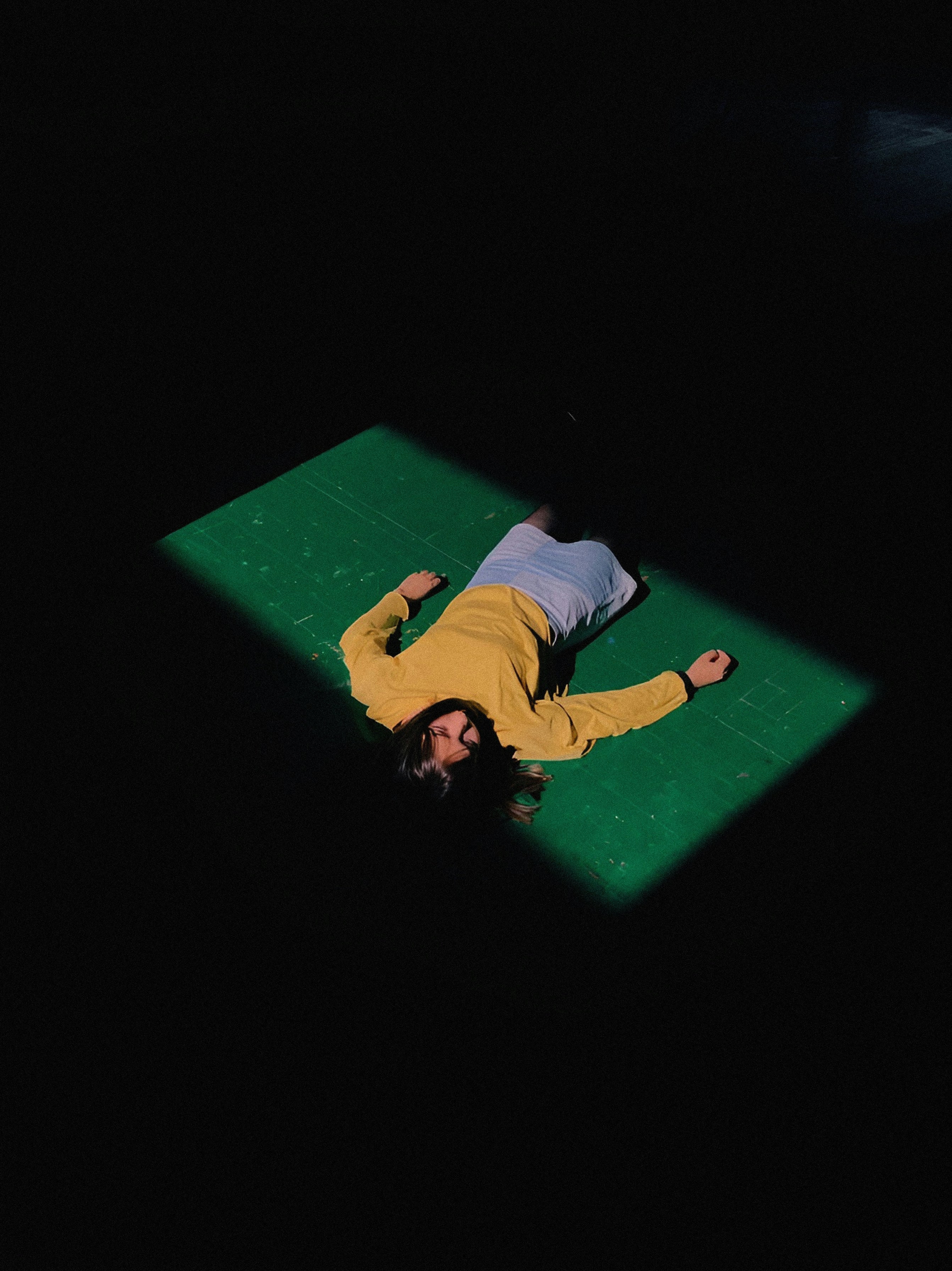Debunking myths about asexuality.

Challenging assumptions, promoting diversity, and acknowledging the spectrum of identities within the community.
The term “asexuality” is defined as a “lack of sexual attraction.” This description, in its simplicity, leaves room for countless assumptions of what it means to “lack” a sexual impulse towards others.
People who experience sexual attraction, or “allosexuals,” tend to consider this form of attraction a noteworthy measure of interest in a partner. They may even conflate physical attraction with sexual attraction, taking for granted the fact that a desire for sex will come if they are physically attracted, so long as the person of interest is, for example, a decent kisser.
Within this logical framework, a lack of sexual attraction to someone may seem like a strict barrier to interest and intimacy. And while asexuality remains infrequently touched by popular culture, it is implied, in limited media representation, that asexuals are barred from connection by their own inability to “enjoy” partnered sex.
Even worse, sometimes asexual, or “ace,” individuals are represented as mentally or physically inflicted souls in need of medical intervention, as was the case with a House episode that went viral within the ace community for its problematic storyline: a couple claimed to be in an “asexual relationship,” only for the brilliant Dr. House to discover that the husband had a sex drive-diminishing brain tumor.
In order to work towards better understanding and storytelling of asexual folks, representation must move away from depicting asexuality as the lowest, grayest zone of the “sexuality” spectrum--the ace community has their own spectrum, which enthusiastically embraces all forms of intimacy.
The asexuality spectrum
A more complex and specific definition of asexuality would exclude a large percentage of the community; this is because some ace folks still fall in love, some experience arousal, and some have sex.
Before we get into more specific asexual identities, it’s important to note that, while some asexual identities contain characteristics of allosexuality, their existence under the asexual umbrella is a way to legitimize experiences that sit outside of what is assumed to be “normal” or “natural” by a large percentage of the culture. This assumption is that you meet someone (usually of the opposite sex) who is attractive, and then you want to have sex with them. Whether or not you do--because of religious beliefs, personal principles, or logistical barriers--is not relevant. The point is that our culture assumes a natural inclination towards sex, and many folks do not experience it--that contradiction is worthy of our societal consideration.
Now for some definitions. The ace community has worked towards creating categories of asexuality, which include:
Asexual
Experiencing no sexual attraction
**while asexuality is an umbrella term, it is also used to describe a complete lack of
sexual attraction.
Greysexual
Experiencing low sexual attraction, or rare sexual attraction
Demisexual
Only experiencing sexual attraction after forming a strong bond with someone
Asexual sex
Ace folks also have varied attitudes towards sex, which are generally categorized as “negative,” “neutral,” or “positive.”
Ace individuals with negative attitudes towards sex consider the act unappealing or, in some cases, repulsive. A sex-neutral person generally feels indifferent towards sex and may or may not be willing to have it. A sex positive person has favorable views of sex, perhaps considering the act fun or healthy, and may engage in sex for their personal pleasure, even if their primary drive is not an intense sexual attraction. A sex positive person may also think highly of sex but choose not to engage.
Asexuality and love
While many asexual folks are content with exclusively platonic relationships, others have crushes and fall in love. The ace community embraces the full spectrum of romance--identifying as aromantic, biromantic, heteroromantic, homoromantic, and so on.
This intersection of spectrums further highlights the fact that asexuality is not an identity founded on an absence of feeling, but a divergent relationship with sexual attraction that makes for unique and legitimate forms of intimacy.




